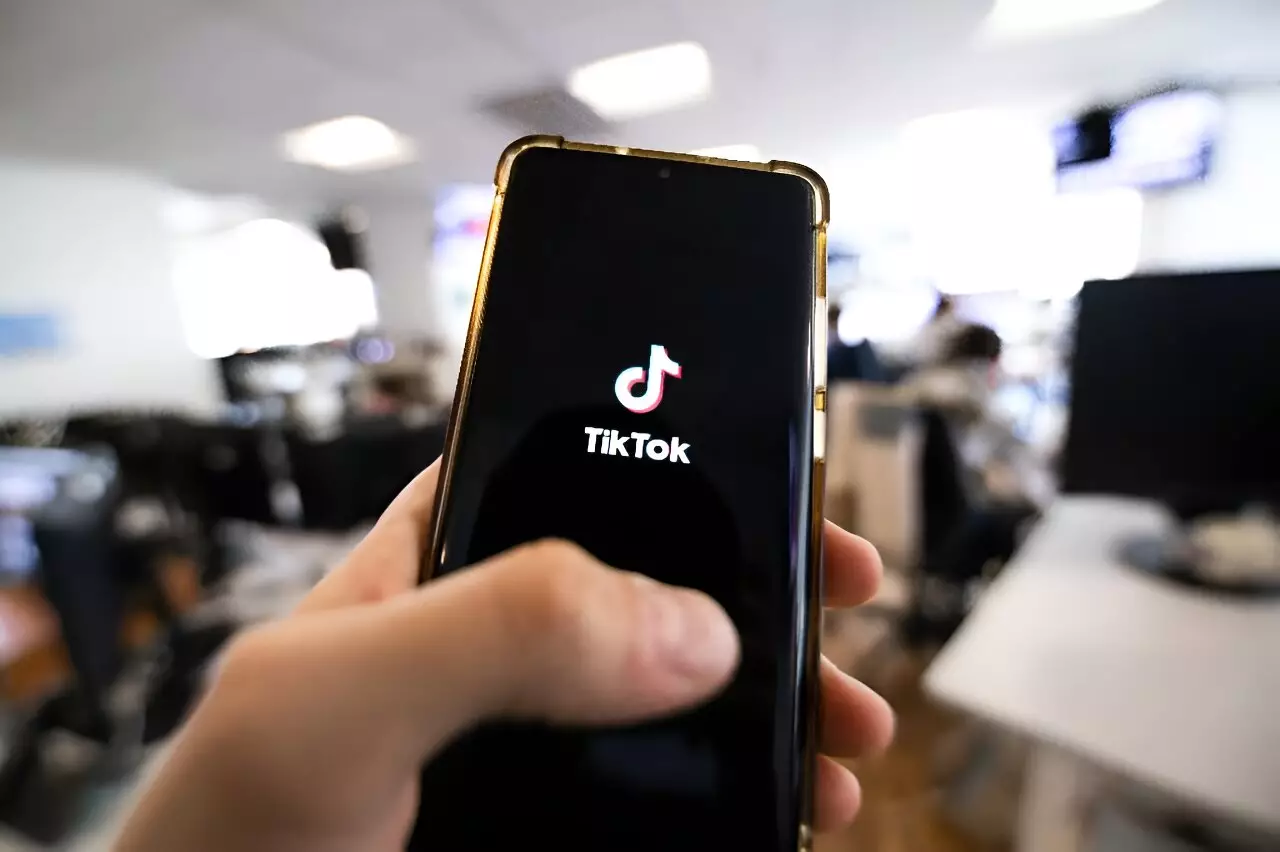The ongoing legal battle surrounding TikTok’s ownership has intensified, marking a significant moment in the intersection of technology, law, and national security. Unfortunately, the complexities of the case illuminate broader concerns regarding the prioritization of security against the foundational rights of free speech. As TikTok navigates this legal labyrinth, the implications of the outcomes will resonate far beyond the app itself, raising critical questions about freedom in digital spaces.
As TikTok plans to present its case in federal court, the stakes have never been higher. Currently, a law mandates that TikTok must divest from its Chinese parent company, ByteDance, or face a ban in the United States by January 2025. This ultimatum has turned the app, which boasts 170 million American users, into a focal point of political contention. The court’s decision could set a precedent for similar cases, affecting not just TikTok but the broader tech industry, which has increasingly become a target of scrutiny regarding foreign ownership and influence.
Central to TikTok’s argument is the assertion that the law infringes upon the First Amendment, a claim that seeks to protect the rights of its users to communicate freely on the platform. The company’s appeal posits that forced separation from ByteDance would dilute the app’s unique features, significantly altering the user experience and stifling the creativity that has defined its success. TikTok contends that such a diminishment would effectively render the platform unrecognizable, depriving users of an essential avenue for expression.
Political stances on TikTok’s future embody the broader divisions within American politics. Former President Donald Trump’s opposition to a ban reflects a nuanced approach to free speech that transcends traditional party lines. His recent call for support from TikTok users underlines the app’s popularity and the complex interplay between governance and public sentiment. Meanwhile, President Biden, notwithstanding his own administration’s push for stricter regulations, seems to recognize TikTok’s integral role as a communication tool among younger voters, evidenced by the presence of Vice President Kamala Harris on the platform.
The dissonance between these political figures illustrates the challenging terrain that lawmakers must navigate when addressing national security concerns without infringing upon civil liberties. TikTok’s strategy to leverage public opinion against the backdrop of its legal challenges highlights how user engagement can influence political outcomes, especially in a landscape increasingly dominated by social media discourse.
The Biden administration’s justification for the push toward divestment rests on perceived national security risks. The concern is rooted in apprehensions that China could exploit TikTok’s vast pool of user data to further its geopolitical objectives, thereby placing American interests in jeopardy. However, legal experts emphasize that accessing genetic national security arguments in court poses significant challenges, particularly when juxtaposed against First Amendment protections.
There’s a palpable tension as the U.S. Justice Department’s arguments remain largely classified, creating obstacles for TikTok and its supporters in evaluating the validity of the security concerns. Professor Carl Tobias from the University of Richmond School of Law highlights the Supreme Court’s cautious stance on national security defenses when they threaten First Amendment freedoms, especially in the realm of digital platforms. This hesitation speaks to the judiciary’s historical reluctance to sacrifice constitutional principles in the face of government overreach purportedly intended to safeguard national interests.
Regardless of how the Court of Appeals ultimately rules on TikTok’s appeal, the case bears crucial implications for the rights of users in the digital age. The prospect of a ban looms large as not merely a business dispute but a potential violation of fundamental freedoms that many Americans cherish. The decision will likely propel the debate about the balance between national security and the preservation of free expression well into the future.
As the legal proceedings unfold, TikTok’s situation serves as a wake-up call about the future of digital platforms and their governance. Users, policymakers, and tech companies must wrestle with the dynamics of censorship, surveillance, and individual rights. The outcome of this case may herald a new era where the parameters of free speech, particularly in an increasingly interconnected world, are rigorously tested against the backdrop of national security—a truly pivotal moment in the ongoing narrative of digital democracy.


Leave a Reply